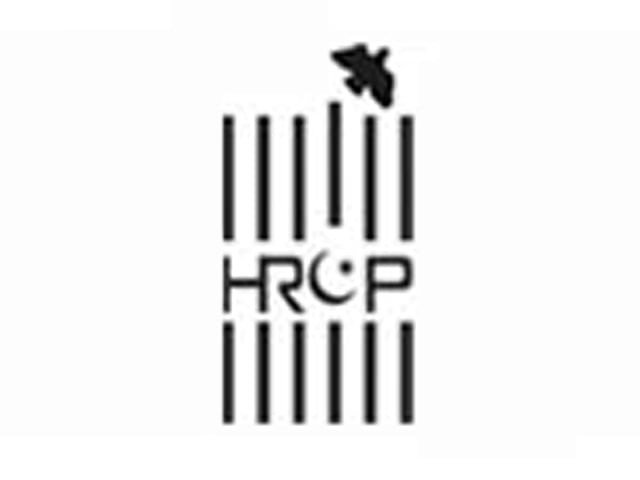Human rights review: ‘Govt should admit its helplessness’
NGOs discuss Pakistan’s submission at UN Council of Human Rights.

Rather than seek to justify gross human rights violations, the government should confess its lack of control over various areas when it addresses international forums like the United Nations, said representatives of various NGOs upon watching Pakistan’s defence of its human rights record at the UN on Tuesday.
The National Commission of Justice and Peace and the Human Rights Commission of Pakistan organised a live viewing of Pakistan’s submission at the UN Human Rights Council and member countries’ responses, at the HRCP’s Durab Patel Auditorium on Tuesday. The broadcast was followed by a discussion among prominent rights activists.
Most of the speakers in the discussion said that the government should “come clean” about situations that were beyond the control of civilian politicians, rather than seeking to justify those situations.
Though no one mentioned Balochistan, the discussion was an apparent reference to the unexplained disappearances and deaths in that province. The Pakistani delegation at the UN did not mention Balochistan in its submission.
Submission
Foreign Minister Hina Rabbani Khar, who led the Pakistani delegation, said the government was committed to improving the human rights situation in the country.
She said that legislation had been enacted to stop violence against and harassment of women. She said that drone attacks were counter-productive. Pakistan had also suffered in taking on over three million refugees in three decades.
She said that from 2007 to 2010, 240 Muslims and nine non-Musilms had been booked under the blasphemy law.
She also mentioned Malala Yousafzai, saying she was attacked for raising a voice for girls’ education.
Paul Bhatti, the brother of minister for minorities Shahbaz Bhatti, who was assassinated in 2011, also addressed the UN. He said that Pakistan’s Constitution gave no space to militancy or extremism.
He brought up the recent Rimsha Masih blasphemy case, saying that for the first time, a person who had made a false blasphemy accusation had been arrested.
He said this case had sent a strong message to those who tried to misuse the blasphemy law. He said the law had also been changed so only an official of the rank of superintendent of police could investigate a blasphemy allegation.
Following the speeches, various countries reviewed the Pakistani delegation’s report and gave recommendations. Canada recommended that Pakistan remove restrictions on freedom of religion or belief and amend legislation that discriminates against persons belonging to minorities.
The United States urged Pakistan to halt military operations in Balochistan that had resulted in several extra-judicial killings.
Discussion
After the broadcast, HRCP Secretary General IA Rehman criticised some of the claims made by the Pakistani delegation. “Most of the things are exaggerated, like the independent commission on human rights. It isn’t functional yet but the government states its working on it and the other countries believe that,” he said.
Sarfaraz Cheema, the regional manager of the Society for the Protection of the Rights of the Child (SPARC), said most of the countries had given the same recommendations that they gave at the last UN Universal Periodic Review of the human rights situation in Pakistan in 2008.
Civil society activist Irfan Mufti said the Pakistani government should not concoct a cover-up over issues not in its control, an apparent reference to the situation in Balochistan.
The civil society activists decided to share their views on the Pakistani government’s submission in the UN with the press in a few days.
Published in The Express Tribune, October 31st, 2012.



















COMMENTS
Comments are moderated and generally will be posted if they are on-topic and not abusive.
For more information, please see our Comments FAQ